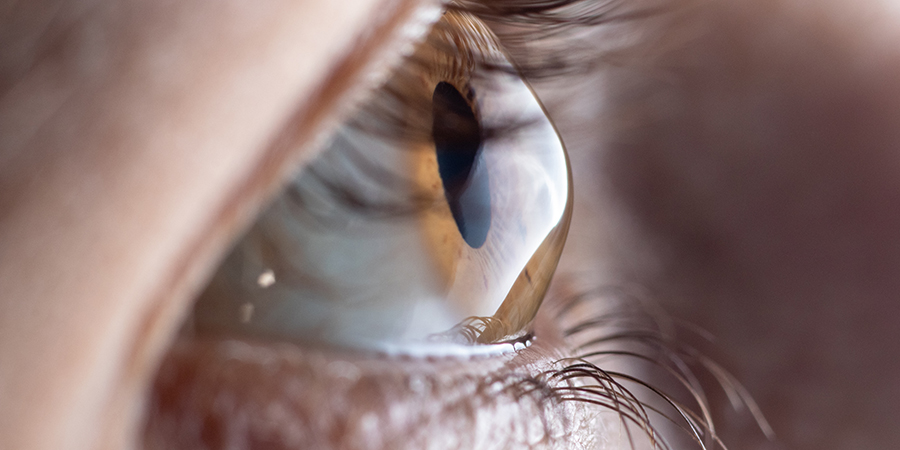Keratoconus
Comprehensive Eye Care
Monday-Thursday 9:00 AM–5:00PM
Friday 9:00 AM–4:00PM
Closed Saturday-Sunday
Keratoconus and similar conditions which distort the corneal surface can lead to reduced vision in glasses and could require specialty contact lenses to improve vision. Our team at West Broward Eyecare Associates in Tamarac, Florida provides expert diagnosis of keratoconus and a wide range of options to provide the best vision.

What is Keratoconus?
Your cornea should provide a clear, round surface for light to enter the eye and focus properly on the retina. Keratoconus is a condition that causes the cornea to become distorted or “cone-shaped” and thin leading to an irregular corneal surface and reduced vision.
Keratoconus usually affects both eyes and may begin to develop in the late teenage years or early 20’s and 30’s. Some symptoms that could indicate keratoconus is developing include:
- Increasing or irregular astigmatism prescription
- Distorted vision
- Double vision with one eye open
- Increase glare, halos, or sensitivity to light
Keratoconus Q&As
What causes Keratoconus?
Medical researchers aren’t entirely sure why some people develop the condition and others don’t. There may be a genetic connection as your risk of developing keratoconus is higher if you have a parent or close relative who has the condition. There are also links between keratoconus and conditions like:
- Atopic Dermatitis
- Eczema
- Asthma
- Allergic Rhinitis (Hay fever)
- Connective tissue disorders
- Down Syndrome
How is Keratoconus Diagnosed?
In most cases, your eye doctor diagnoses keratoconus during your annual comprehensive eye exam. Your doctor will evaluate your corneal astigmatism and corneal topography map to determine if there is a risk for keratoconus.
How is Keratoconus Managed?
Since keratoconus causes an irregular shape of the cornea, vision is often reduced in glasses (as their optics work on the assumption of a round cornea). Soft contact lenses may improve vision for some patients, but many times the best vision is provided by specialty contact lenses. These contact lenses can correct vision for a wide range of prescriptions and a variety of corneal shapes. Ask your doctor if specialty contact lenses would be beneficial for you!
Your doctor may also refer you for a consultation with a cornea specialist to consider a procedure called corneal cross linking to try to reduce the risk of progressive changes to your cornea.

